| Category | Softmatter/Biophys/Others |
|---|---|
| Event Duration | 2018-11-20 - 2018-11-21 |
| Conference Name | Symposium on Systems Neuroscience |
| Content | In the recent movie “Inferno”, Director Ron Howard described a theme where maniacs could use genetically selective viruses to swipe half of the world population with claiming this could help alleviate imperative problems in the world. However, as the weakest genetic traits no longer be evolutionarily selected out from human population due to morality and religious concerns along with the ever advancing medical care, the problem of an over-crowded subway carriage should not be solved by poisoning half of the people in the car. Instead, one should consider to further promote a fundamentally sound society, including those genetically disfavored, into a less self-destructive and hopefully facilitative entity. To secure this aim, a scientific re-emphasis in understanding human behavior and the social network at the finest levels of biology can be essential. Entering the 21st century life science, scientists have gotten used to the techniques and concept such as next generation sequencing (NGS) of human genome, epigenetics, metagenetics, optogenetics, metabolomics, precision medicine, CRISPR/Cas9 (genome editing techniques), brain imaging, computational neuroscience etc. Life is understood in unprecedented details at the molecular and cellular levels while more preventive and controlling measures can be put in place to manipulate molecular and cellular behaviors with great clinical interest. On the other hand, life in the behavioral side has not been well investigated together with these molecular and cellular details. We are now in a new age full of opportunities to dissect molecular and neural mechanisms behind complex behaviors. What are the neural circuits responsible for decision making? And what are the cellular and molecular basis for this circuits formation? A better understanding in correlation and causality in multiple levels of life performance can be important to promote medicinal, educational and social welfare redistribution, in the scope of promoting a more sustainable community. Maybe in the near future, those understood as personality, character, morality and spirit which greatly shape societies in every generation can also be re-understood and classified at the molecular and cellular levels and from neuron wiring patterns. All these demand new ways of collecting data, new classification of human groups and their diseases. Instead of changing research direction of any individual researcher, we would anticipate to see more and more.interdisciplinary collaborations at the systems level, not just within life science, but also in other scientific fields. This year, under the support from the National Center for Theoretical Studies, we host the Symposium on Systems Neuroscience to promote collaborations between physicists/mathematicians and experimental neuroscientists, and between molecular biologists and behavioral/cognitive neuroscientists. We wish that the symposium can help with catalyzing new and meaningful direction of research which leverages existing strength of participating researchers. A small step toward meaningful direction is encouraged. The focus group will invite core members and frequent participants from practical disciplines such as experimental biology, medicine and engineering as well as quantitative disciplines like physics, mathematics, statistics and computer science. All the collaborations within the molecular/cellular levels, within the systems/behavior levels, and between these levels are encouraged. |
| Sign Up Duration | |
| Sign Up | Does Not Open Sign Up |
| Location | Lecture Room A of NCTS, 4F, General Building III, NTHU |
| File | 1120-1121-poster-v7.pdf |
Close



